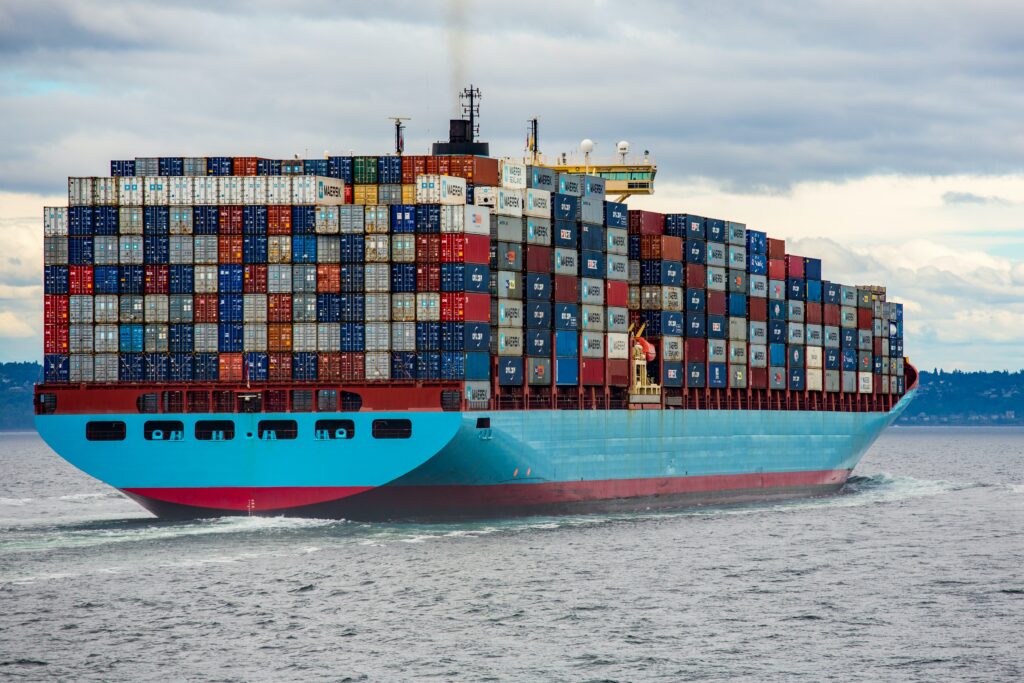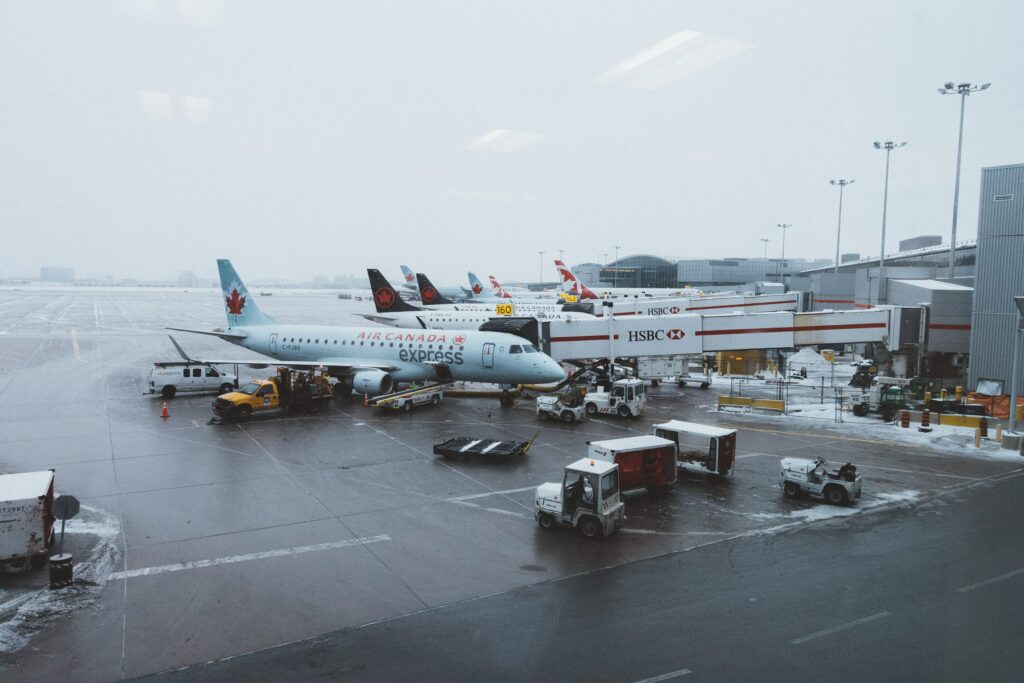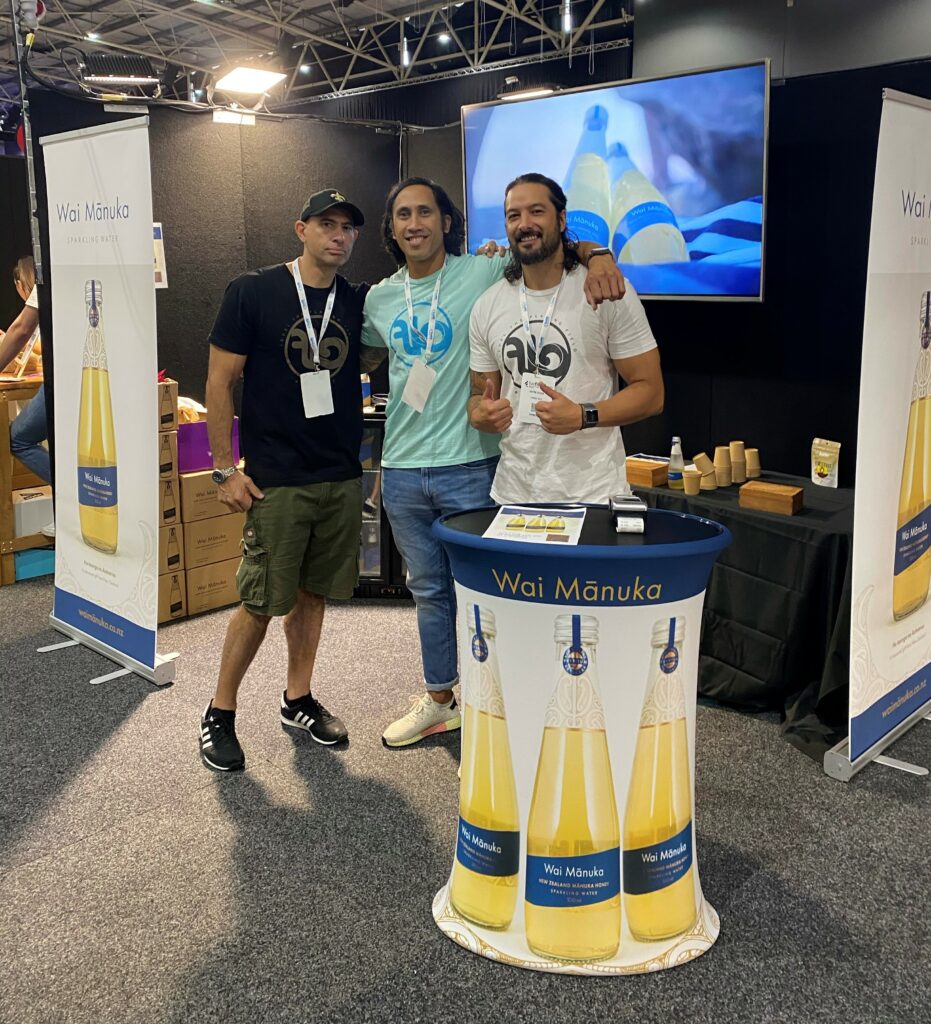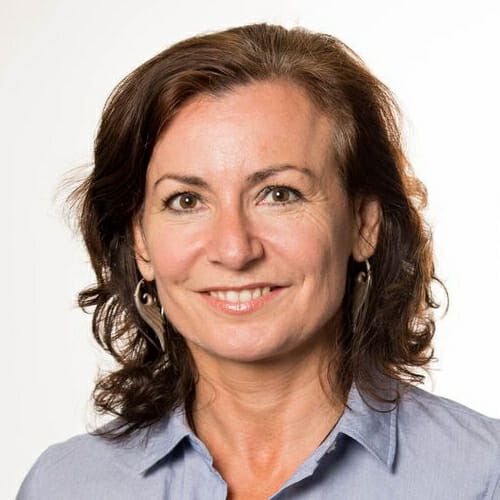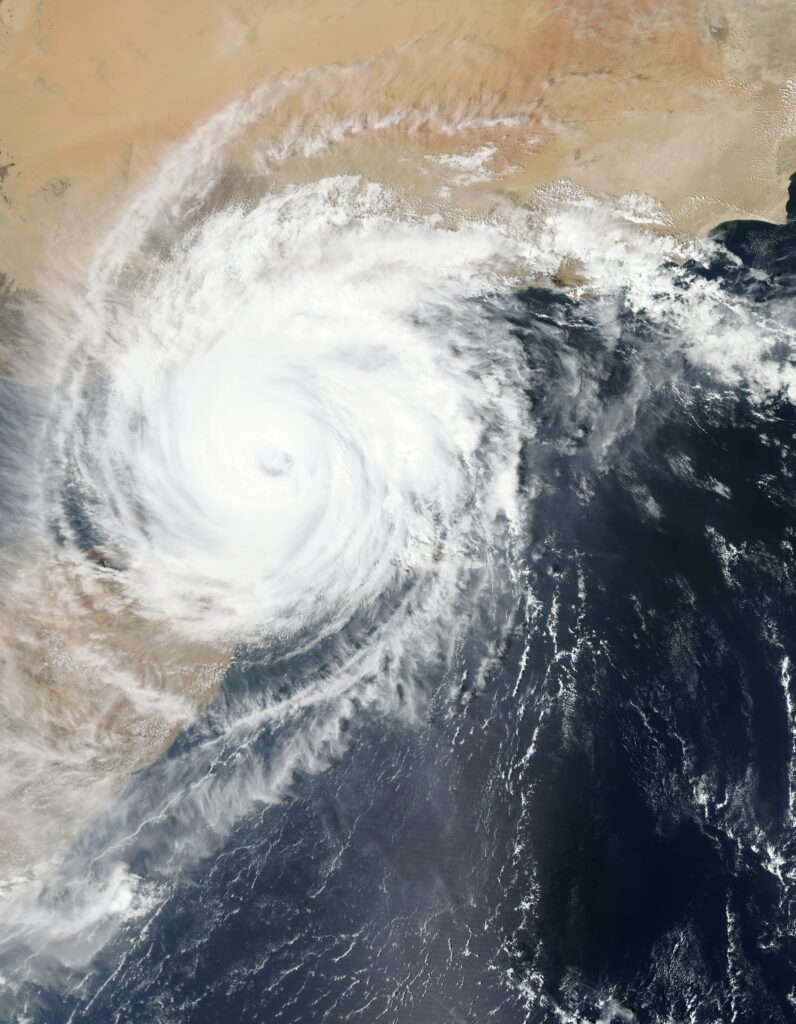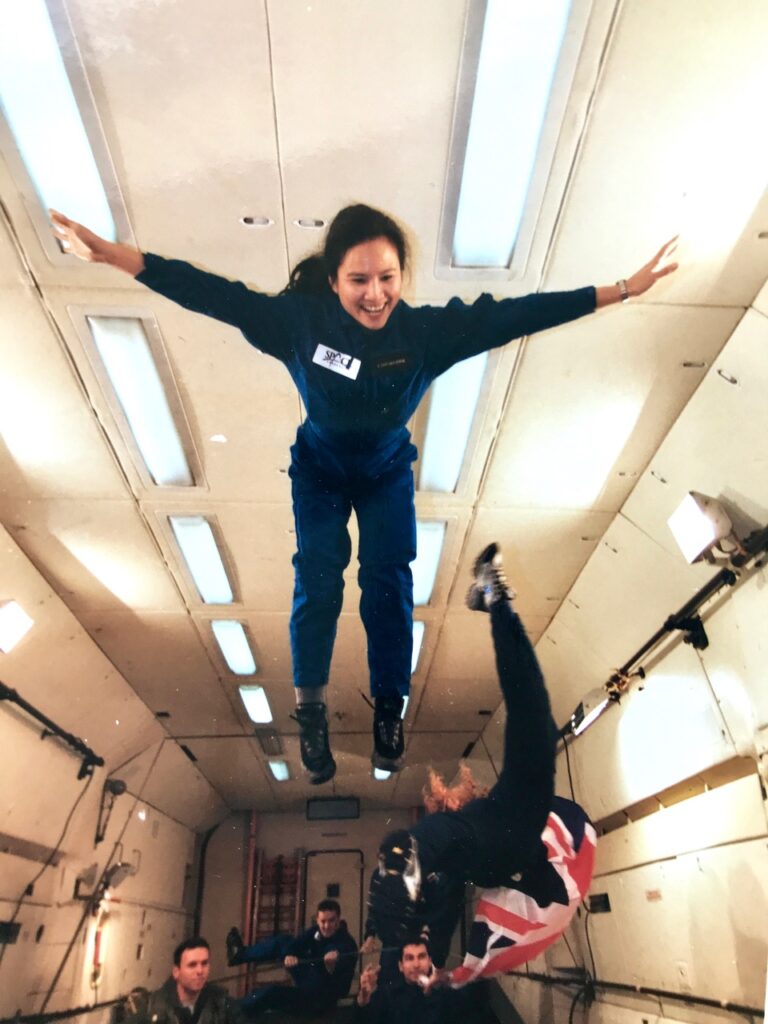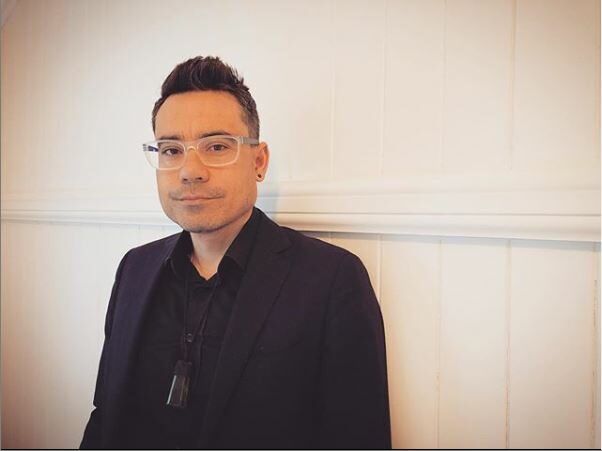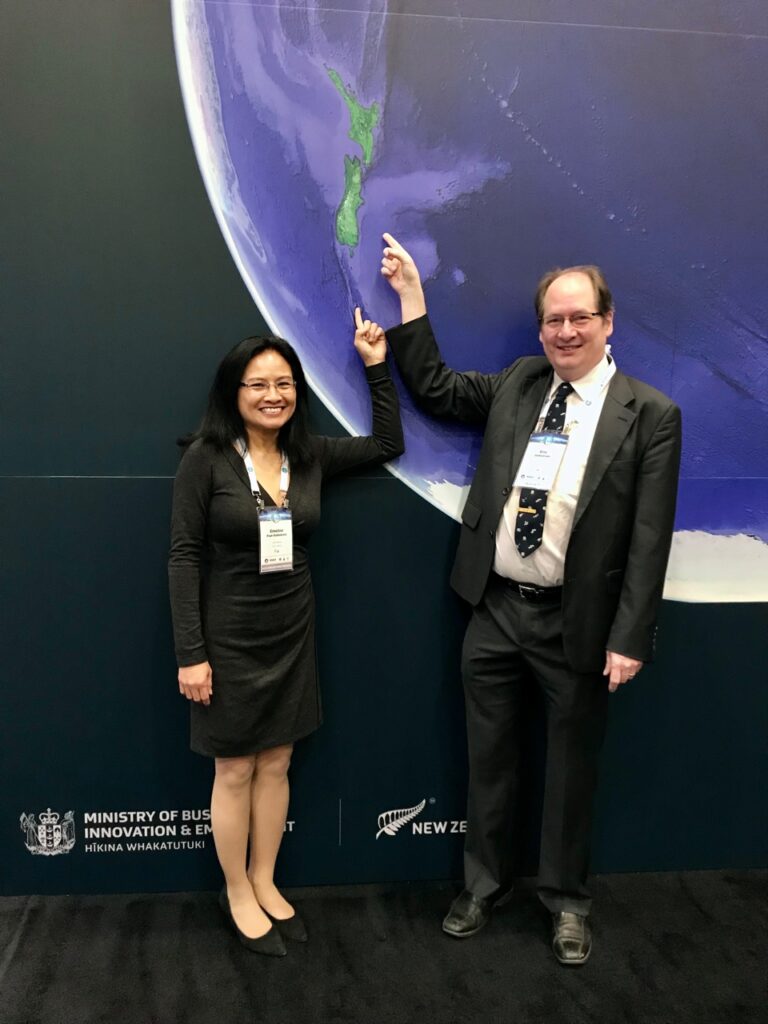- CASE STUDY – CELEBRATING 70 YEARS OF TRADE WITH JAPAN
- INSIGHTS FROM OUR GLOBAL COMMUNITY
- THIS MONTH IN NUMBERS
- GROWTH THROUGH KEA CONNECT
- NEWS FROM OUR PARTNERS
- TRENDING AT KEA
- UPCOMING EVENTS
- HOW KEA CAN HELP
CASE STUDY
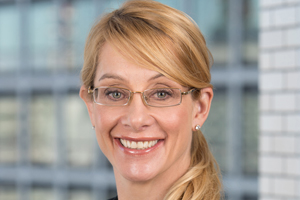
Celebrating 70 years of trade with Japan
This year marks 70 years since the establishment of New Zealand-Japan diplomatic relations. Both countries are forerunners of free trade, leading agreements like CPTPP and RCEP. Kea World Class New Zealander Jacky Scanlan-Dyas is an M&A lawyer who advises major Japanese corporates and trading houses investing outside of Japan and many international corporates investing and doing deals in Japan. She spoke to Kea about the importance of the 70 year milestone and the opportunities she sees for Kiwi companies interested in our 4th largest market. READ MORE
INSIGHTS FROM OUR GLOBAL COMMUNITY

North America
Kea was pleased to support a visit led by Air New Zealand which included the Minister of Finance Hon Grant Robertson and CEO’s and Chairs of some of New Zealand’s largest businesses. The delegation met with business and thought leaders in New York and strengthened connections with our vibrant Kiwi community. Our North America Regional Director Gary Fortune has the highlights. READ MORE

China
October was a busy month in China with celebrations for Golden week and the much anticipated 20th CPC National Congress. The country is still experiencing a number of pandemic restrictions and this inability to travel is giving rise to a rather particular sector which could hold possibilities for Kiwi exporters. Our China Regional Director Rebecca Bao explains. READ MORE

UK and Europe
There has been more upheaval in the UK in October with the resignation of Prime Minister Liz Truss after just 45 days on the job. The country also has a new Chancellor and is looking to steady the economic uncertainty that’s plaguing the country. Our UK and Europe Regional Director Sara Fogarty has a wrap of the changes and what it means for Kiwi exporters. READ MORE

New Zealand
In October Education Minister Chris Hipkins led a delegation to The Republic of Korea, Indonesia, and Singapore to encourage people to study in New Zealand and promote the fact our country is welcoming international students back. Our Global Director Government and Industry Saya Wahrlich looks at this and the review of our electoral system. READ MORE
THIS MONTH IN NUMBERS
38
Number of Kiwi businesses assisted
207
Number of connections made
622
Number of connections made year to date*
BUSINESSES ASSISTED MADE IN MARKET THIS MONTH**
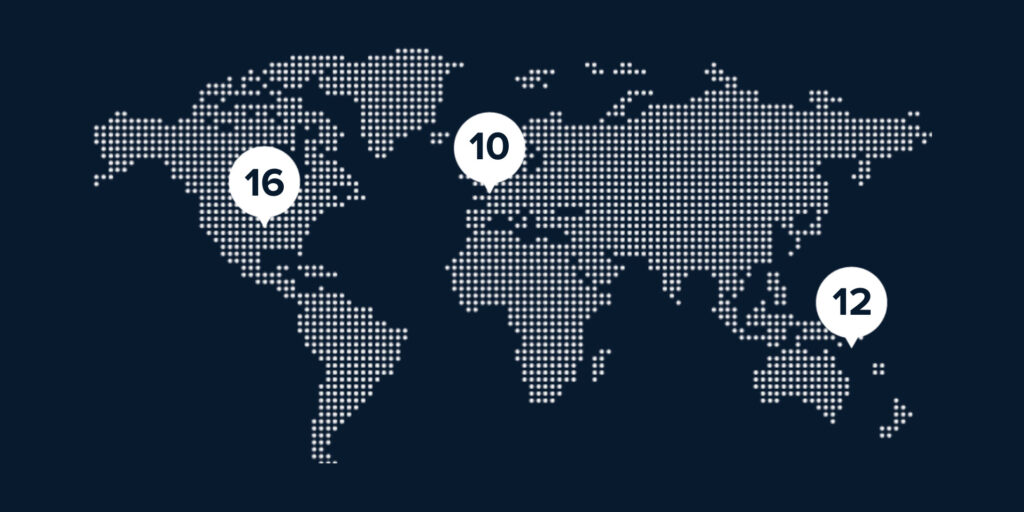
SECTORS KEA CONNECT SUPPORTED THIS MONTH
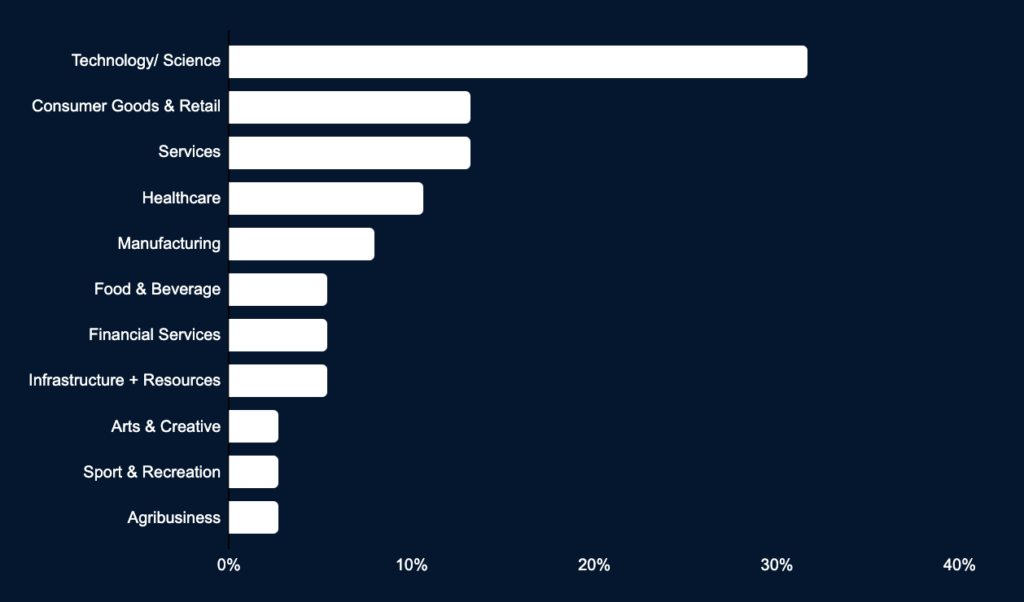
*Year to date reflects financial year commencing 1 July 2022 to 30 June 2023
**Some businesses were provided with connections in more than one market
GROWTH THROUGH KEA CONNECT
Each month Kea Connect helps Kiwi businesses grow by connecting them with Kiwi experts in markets all around the world. Here is an example of two businesses we helped this month.
AI Marketing system accelerates car sales
DriveText uses AI-automated descriptions and data to automatically create engaging marketing content for vehicle listings with the aim of helping car dealerships sell cars faster. The platform is looking to expand into the UK market and came to kea Connect searching for market validation and insights.
Kea was able to connect DriveText with an automotive specialist from a digital performance marketing agency in Wales, a marketing lead of SaaS automotive sales platform in England and an Executive Chairman of a global automotive research company.
Virtual event and training platform eyes US market
V-Unite offers virtual event, training and marketing management software. The company is looking to tap into the US market and sought connections with US organisations to identify the problems their target customers are having around events and experiences so they can tailor their offering to the marketplace.
Kea introduced V-Unite to several people including a Snr Executive Producer of Special Events & Media at an events service company, a VP of Partnerships at a large insurance company, Head of Consumer and Digital Marketing from a large pharmaceutical business and a Managing Director of an interoperability & intelligence software company.
NEWS FROM OUR PARTNERS
NZ-UK FTA Roadshow 2022
The Ministry of Foreign Affairs and Trade (MFAT) is hosting a series of events later this month for New Zealand businesses to learn more about the NZ-UK FTA and to engage with experts. Come along to hear from MFAT and NZ Inc. experts, including New Zealand’s Trade Commissioner for the UK and Ireland Nick Swallow. READ MORE
Deel partners with WeWork to create more flexible workspaces
Deel has partnered with WeWork the leading flexible workspace provider, to offer companies WeWork All Access memberships for employees. As international hiring has skyrocketed over the past few years, distributed teams are becoming more commonplace. There is still, however, a need for workspaces – to maintain in-person connections, build culture, and facilitate collaboration. READ MORE
TRENDING AT KEA

“Pick a date and make it happen“
For Kiwi returner Marie-Anne, moving home to New Zealand had been on the cards for several years, however, it wasn’t until after the birth of her second child that the family took the plunge. She talks to Kea about experiences moving home, including finding a job and settling into a new community and shares her top piece of advice for others feeling the pull of home. READ MORE

Community culture driving Fintech success
When it comes to competing in the global fintech industry, Wellington really punches above its weight. So what is it about the capital that’s helping create these incredible companies which are flying the Kiwi flag in markets around the world? Kea spoke to three fintech founders to find out. READ MORE

Taking a bite out of the snack food industry
Globally the snack food industry is estimated to be worth around 105 billion USD and is predicted to grow this year by around 3%. It’s a lucrative market and one which many Kiwi companies have carved out a niche for themselves. One of these is Wellington company, Tom and Luke. We catch up with CEO Matt Donn to find out how the industry has changed recently and what advice he would give to companies looking for an edge. READ MORE
UPCOMING EVENTS
KEA X BNZ MOVING TO NEW ZEALAND WEBINAR: This webinar offered practical advice for those looking about moving to New Zealand. Our three panellists provided important advice on finances, including how to open a bank account from offshore, the relocation process and five things that should be top of your checklist, plus what to expect when you arrive. If you know someone looking to relocate to New Zealand please share this recording with them. to LISTEN
WORLD CLASS SPEAKER SERIES: In our latest World Class speaker series, we caught up with cognitive neuroscientist and Kea World Class New Zealand winner Dr Kerry Spackman. Dr Spackman has used years of cognitive research and his background in mathematics to create a world changing learning tool which has been adopted by top schools, universities and governments to help better understand ‘wicked’ problems. LISTEN
KEA MEETUPS: Our next meetup will be held in Auckland on December the 7th, at The Chatham, 27 Drake Street from 17.30. If you know a Kiwi business owner, entrepreneur or recently returned Kiwi please encourage them to come along and expand their networks. These meetups are also a great opportunity for our Kea partners to meet members of our community. SIGN UP
HOW KEA CAN HELP
Join
Join the Kea community, and stay connected to New Zealand, its people and businesses wherever you are in the world.
Kea Connect
Help Kiwi businesses explore their global potential through our worldwide community.

 MENU
MENU

